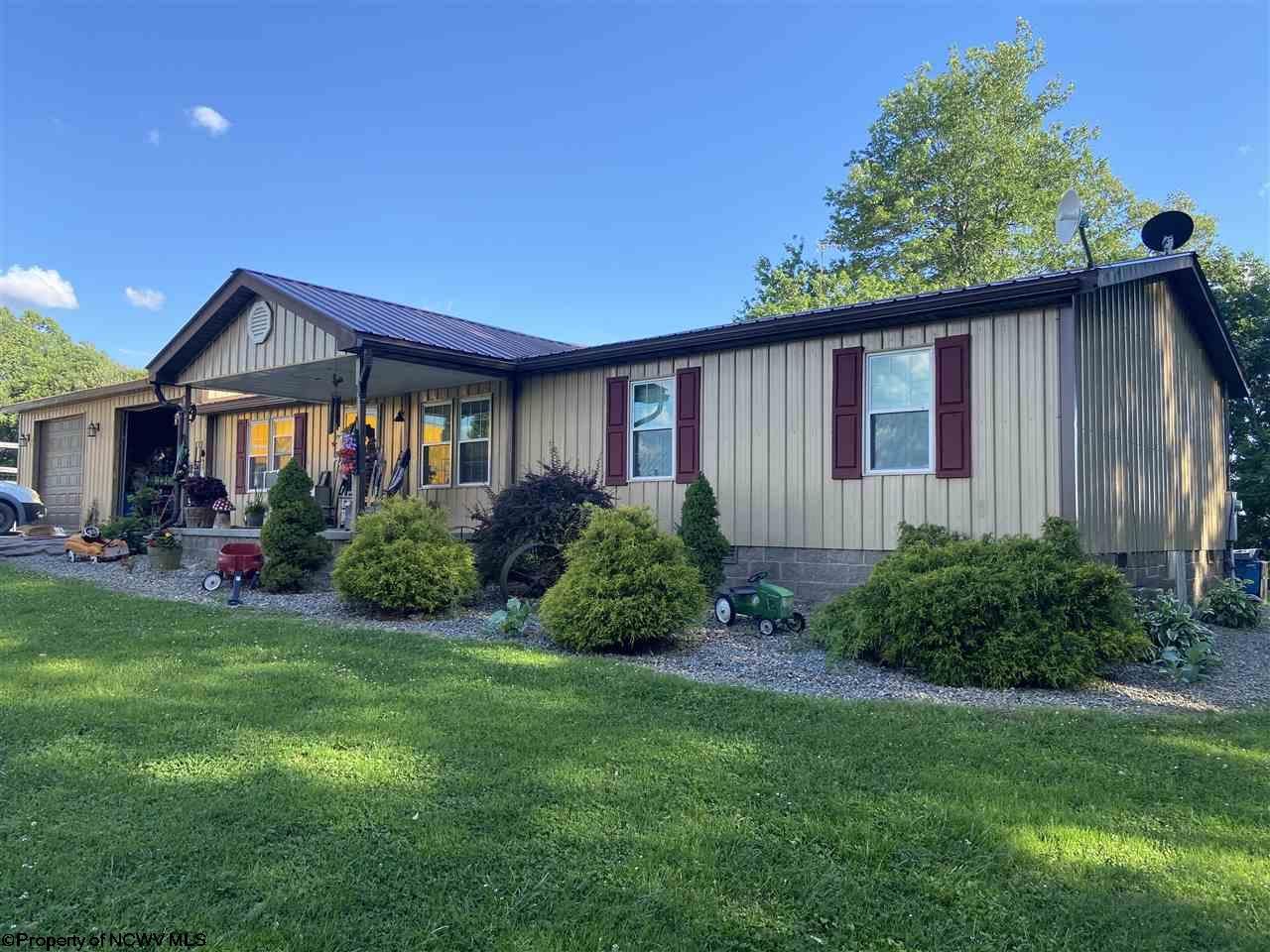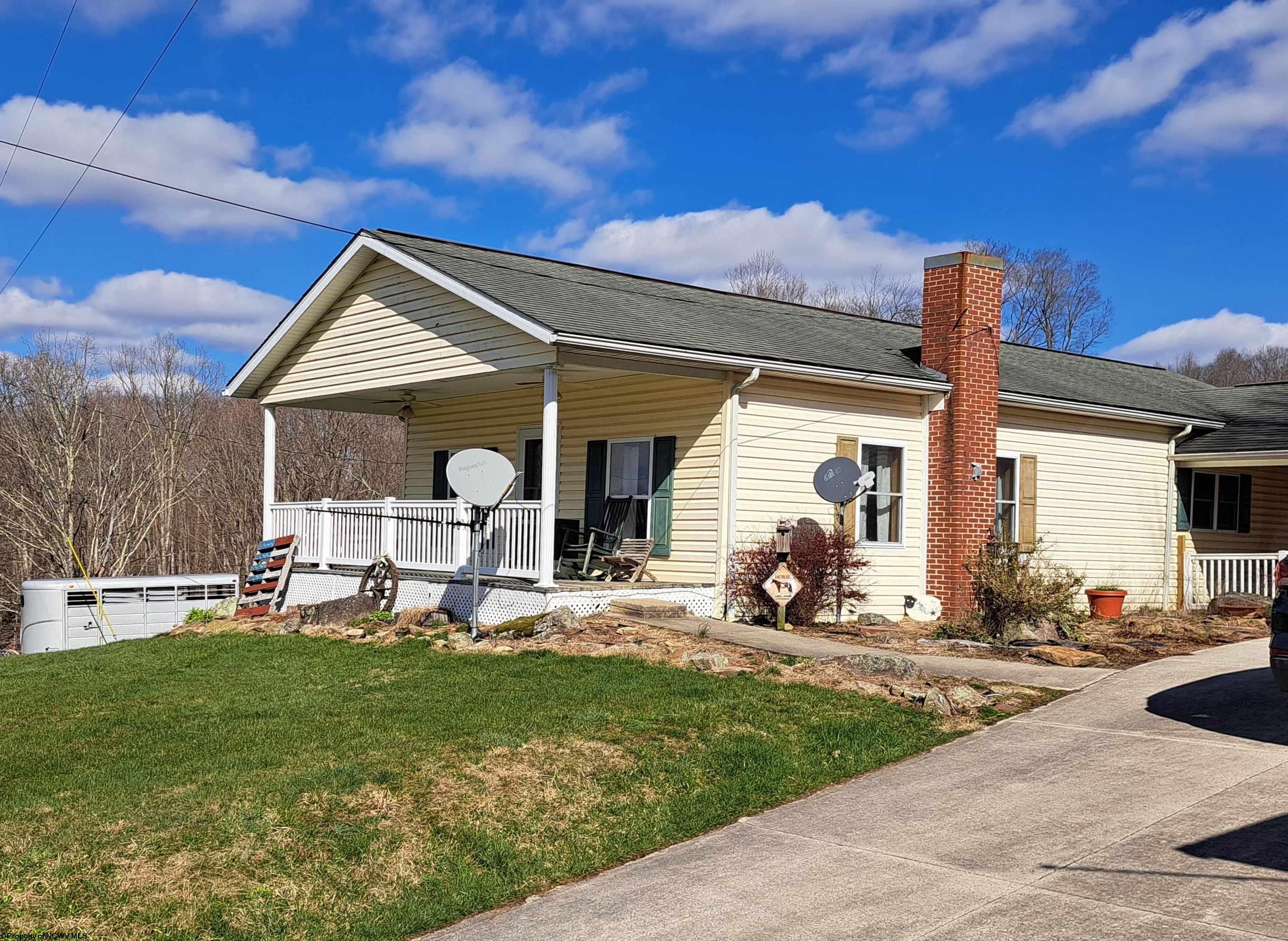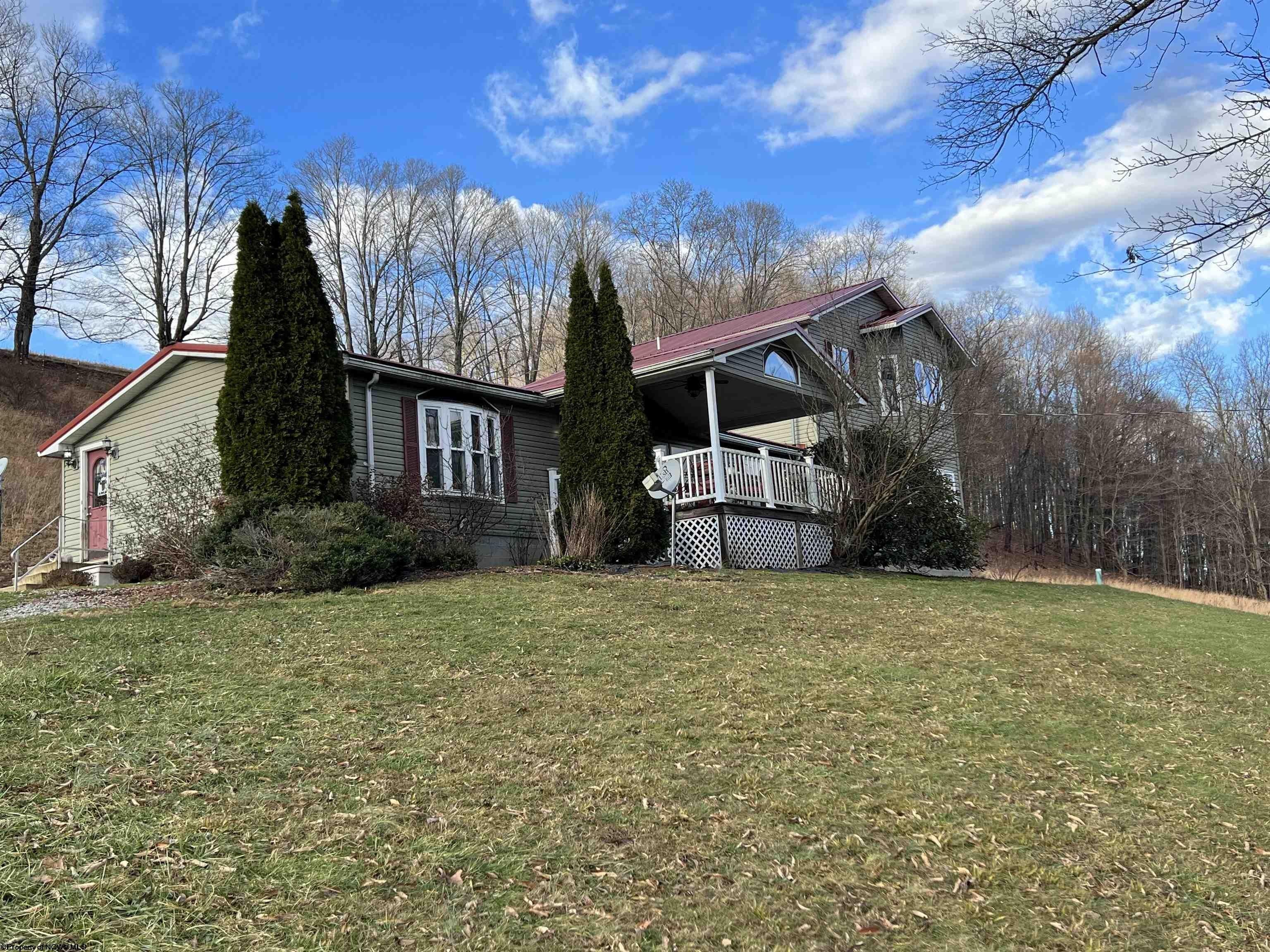Homes For Sale Barbour Wv – They remind us that, despite living in a world where everything is for sale, there are some things that remain priceless. The possibilities are endless, and the result is often something more unique and personal than what could be bought new. Selling such an item can be a difficult decision, yet it often represents the practical need to downsize or make space for something new. In recent years, the market for businesses for sale has been affected by several global and local economic factors. When a person decides to sell something, they might weigh the pros and cons, debating whether it’s the right time or whether it’s really necessary to part with what they’ve had for so long. Once an agreement is reached, the final step is the legal transfer of ownership. A house can be bought, a car can be sold, a watch can be pawned. For sellers, the challenge lies in pricing items fairly and accurately representing their condition. These platforms allow users to browse listings, communicate with sellers, and make purchases from the comfort of their own homes. People are rediscovering the value of items that have been made by hand, with care and skill, as opposed to the impersonal, assembly-line products that dominate the marketplace. The production of new goods often requires significant resources, such as raw materials, energy, and labor, while also generating waste and contributing to pollution. Many people continue to resist the notion that everything has a price, and they fight to reclaim what is meaningful and valuable in life. The online second-hand market has also made it possible for people to buy and sell niche items that may not be available in local stores. One of the key defining features of quality goods for sale is their ability to stand the test of time. On the other, there’s the challenge of assessing the true value of a business, navigating the complex negotiations, and ensuring that the business is a sound investment in terms of both its financial health and its long-term viability. Similarly, a quality suit made from fine wool will age gracefully, developing a patina that speaks to its craftsmanship. Moreover, buying second-hand items allows consumers to access unique and vintage products that may no longer be available in stores, offering a sense of individuality that is often missing from mass-produced, new items. A person might sell a beloved possession to fund an important life change, such as starting a business, moving to a new city, or pursuing a dream. For many, purchasing second-hand goods is not only a practical and affordable choice but also an environmentally conscious one. However, it’s also important to recognize the darker side of this freedom.

Belington, Barbour County, WV House for sale Property ID 338538354
Schedule an appointmentdistinctive designspersonalization optionsconvenient locations 3d tourshome buying tipsview property flood risksview local noise levels

Barbour County, WV Real Estate & Homes for Sale
Schedule an appointmentdistinctive designspersonalization optionsconvenient locations 3d tourshome buying tipsview property flood risksview local noise levels

Belington, Barbour County, WV Lakefront Property, Waterfront Property
3d tourshome buying tipsview property flood risksview local noise levels Schedule an appointmentdistinctive designspersonalization optionsconvenient locations

Page 2 Barbour County, WV Real Estate & Homes for Sale
Schedule an appointmentdistinctive designspersonalization optionsconvenient locations 3d tourshome buying tipsview property flood risksview local noise levels

Barbour County, WV Real Estate & Homes for Sale
3d tourshome buying tipsview property flood risksview local noise levels Schedule an appointmentdistinctive designspersonalization optionsconvenient locations

Philippi, Barbour County, WV House for sale Property ID 416328969
Schedule an appointmentdistinctive designspersonalization optionsconvenient locations 3d tourshome buying tipsview property flood risksview local noise levels

Barbour County, WV Real Estate & Homes for Sale
Schedule an appointmentdistinctive designspersonalization optionsconvenient locations 3d tourshome buying tipsview property flood risksview local noise levels

Barbour County, WV Real Estate & Homes for Sale
3d tourshome buying tipsview property flood risksview local noise levels Schedule an appointmentdistinctive designspersonalization optionsconvenient locations

Volga, Barbour County, WV House for sale Property ID 337736997 LandWatch
Schedule an appointmentdistinctive designspersonalization optionsconvenient locations 3d tourshome buying tipsview property flood risksview local noise levels

Philippi, Barbour County, WV House for sale Property ID 415415449
3d tourshome buying tipsview property flood risksview local noise levels Schedule an appointmentdistinctive designspersonalization optionsconvenient locations
For many, purchasing second-hand goods is not just about saving money, but about embracing sustainability, supporting a circular economy, and contributing to a more environmentally conscious world. Second-hand goods for sale are no longer seen as inferior or out-of-date, but rather as a conscious, stylish, and eco-friendly choice. A home is more than just walls and a roof; it’s where memories are made, where families grow, and where life unfolds. In conclusion, second-hand goods for sale represent more than just a financial transaction; they embody a shift toward sustainability, individuality, and social responsibility. One of the most popular categories of second-hand goods for sale is clothing. These moments remind us that there is more to life than the pursuit of profit, and that not everything can be measured by a price tag. Additionally, trends in sustainability and eco-conscious living have contributed to the growth of the second-hand market, as consumers become more aware of the environmental impact of their purchasing decisions. This stage can involve a variety of specialists, such as accountants, lawyers, and industry experts, who can provide a comprehensive evaluation of the business. The rise of online platforms dedicated to the sale of second-hand goods has also played a significant role in the growing popularity of pre-owned items. There’s a certain art to selling something. When someone talks about purchasing quality goods, they are likely thinking of items that have been designed to last, to provide a superior experience, and to offer a sense of value far beyond the initial cost. But is this a reflection of reality? Or is it an illusion we’ve created, an idea we’ve accepted in order to make sense of a world that increasingly revolves around consumption and profit?
At the core of this idea lies the assumption that everything, no matter how unique or rare, can be exchanged. The marketplace, for all its flaws, has brought about great innovations. The act of selling can be both a release and a renewal, a letting go that paves the way for something new and unknown. Yet, even within this system, there is room for hope. For those looking to sell, the online marketplace offers the chance to reach a larger audience, increasing the chances of finding the right buyer. However, there’s also an argument to be made that, over time, quality goods are often more economical in the long run. It is also important to check the seller’s reputation and read reviews or feedback from previous buyers. For when everything is for sale, it’s easy to forget that the most important things in life are not commodities; they are experiences, relationships, and moments of connection that cannot be measured in dollars and cents. The object becomes more than just an object – it transforms into a transaction, an exchange of value.
A well-made product simply performs better. By choosing second-hand goods, consumers can help reduce waste, conserve resources, and lessen the demand for new production. Are there things that should be kept beyond the realm of trade? Or has the marketplace — with its insatiable demand and promise of exchange — seeped into every facet of our being?
If everything is for sale, then the concept of value itself becomes fluid, subjective, and often manipulated. These goods aren’t just products; they are symbols of craftsmanship, heritage, and pride. The very notion that everything can be bought and sold creates a society where inequality is not just accepted, but ingrained in the very structure of the economy. The same logic applies to tools, kitchen appliances, furniture, and even technology. In times of financial hardship, such as during recessions or periods of high unemployment, more people may turn to second-hand goods as a way to save money. People often feel like they are for sale, too, in various ways. A high-quality winter coat, for example, will keep you warm and dry through years of cold weather, offering comfort and protection that a cheaper, mass-produced coat cannot match. In a world where everything is for sale, it’s easy for the vulnerable and the marginalized to be taken advantage of. The rise of online platforms has transformed the way second-hand goods are bought and sold. The act of selling can be both a release and a renewal, a letting go that paves the way for something new and unknown. The idea that everything is for sale works to perpetuate inequality, as those with the most resources can continue to amass power and wealth, while others are left to scramble for what little they can get. It carries with it a deep sense of commodification — the idea that every part of our lives, every piece of our history, every corner of our existence, has a price attached to it. In this broader sense, the concept of “for sale” is not just about the exchange of goods; it’s a driving force in the global economy, influencing how people live, work, and interact with the world around them. Whether it’s vintage clothing, antique furniture, or used luxury watches, second-hand goods offer an opportunity for buyers to find quality items that are no longer available in stores. When a person decides to sell something, they might weigh the pros and cons, debating whether it’s the right time or whether it’s really necessary to part with what they’ve had for so long. They believe that certain things, like love, loyalty, and friendship, should be above the reach of commerce. On the other hand, buyers may seek to negotiate lower terms based on the findings from their due diligence or their assessment of the business’s future potential. This can manifest in the context of career, relationships, or personal goals.